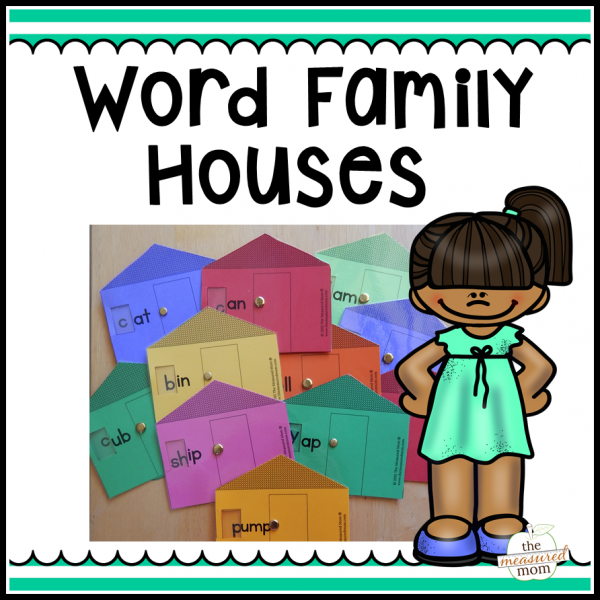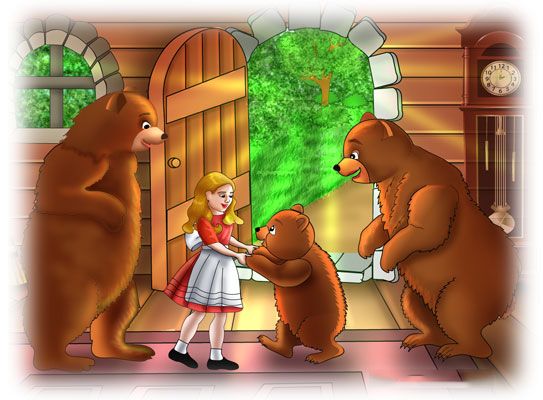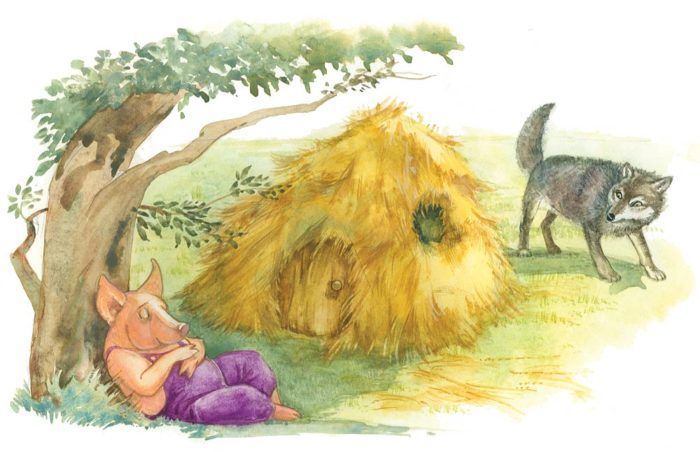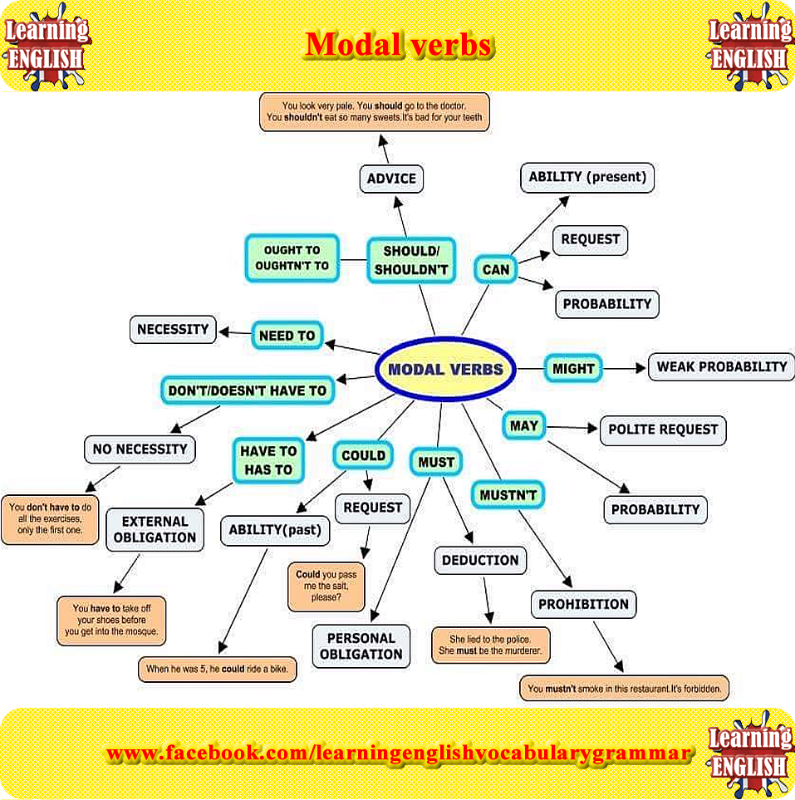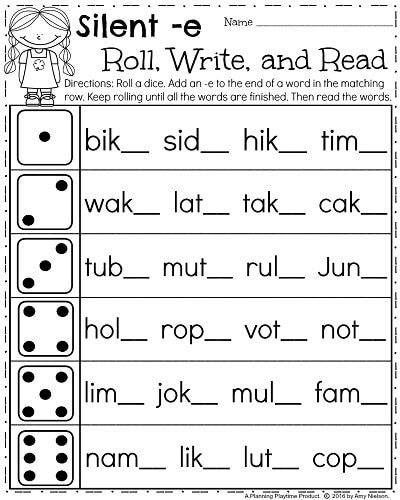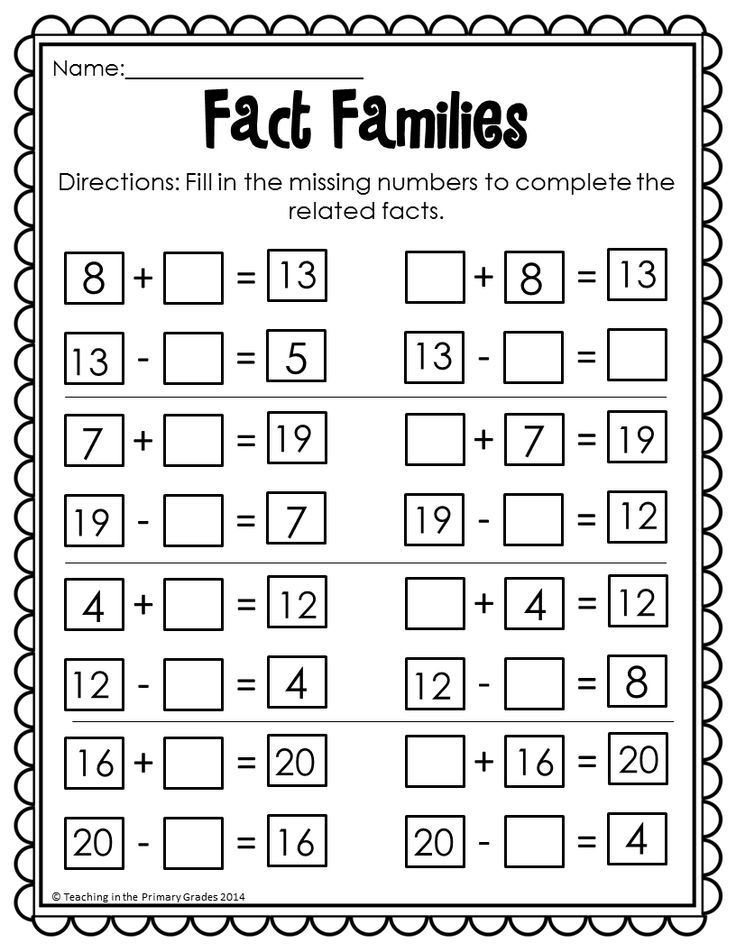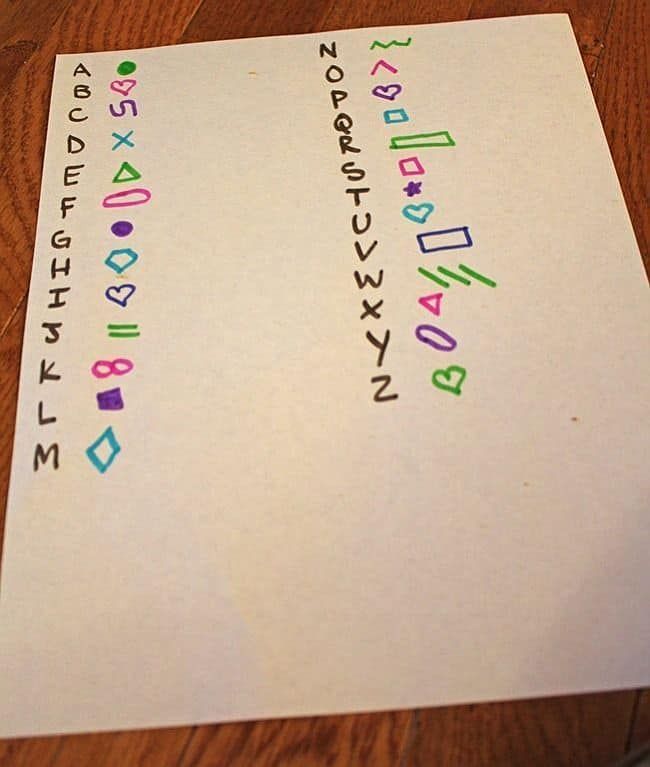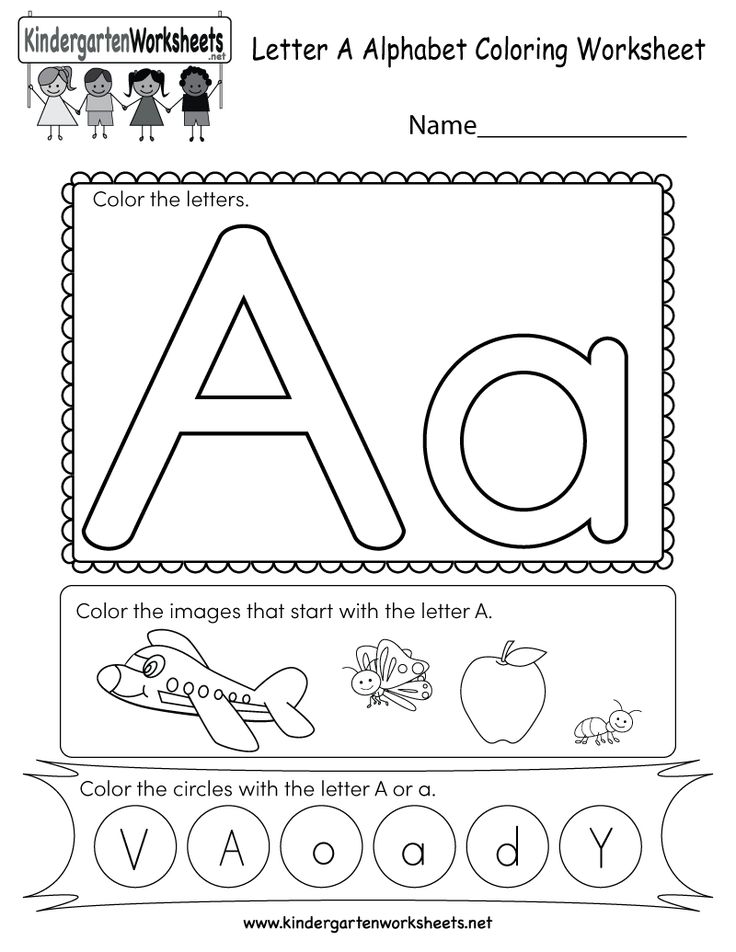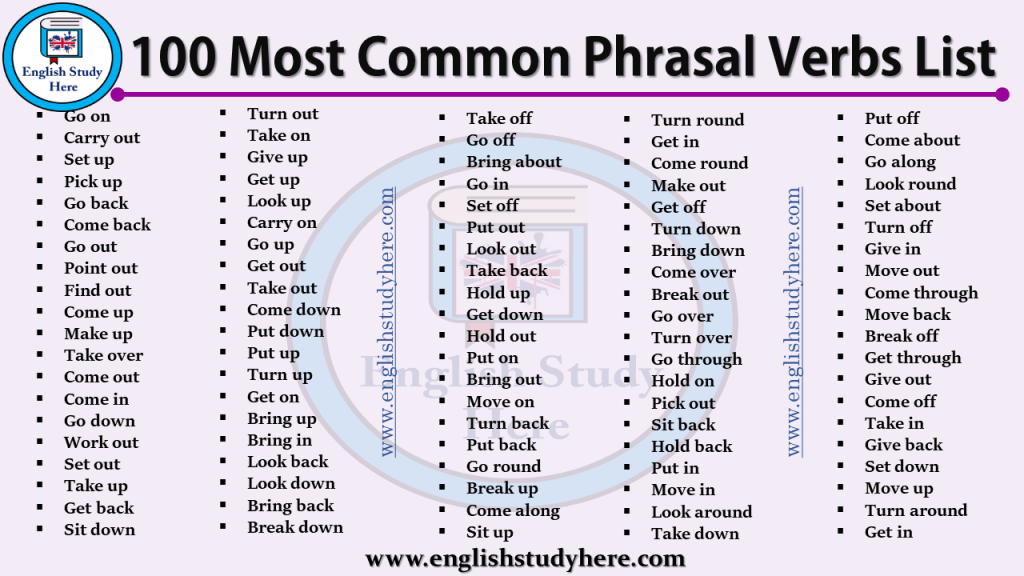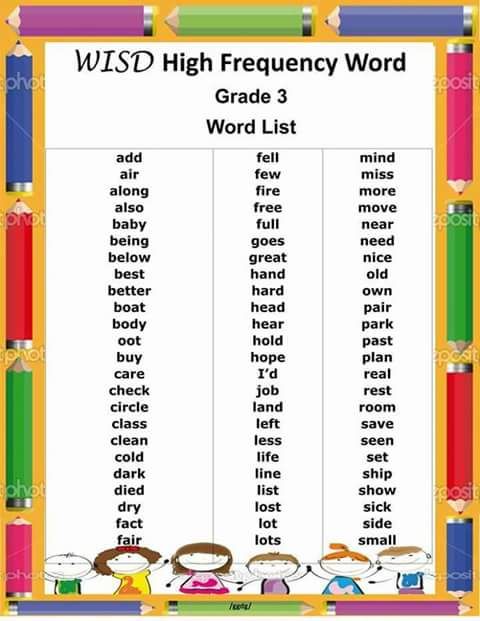The word mom
Where Does "Mom" Come From?
-
2-minute read
-
12th May 2019
Today is Mother’s Day, the day we thank our female parents for their love and patience. But where do the words “mother” and “mom” come from? Why are there so many words for mothers in English? And are they all correct? Let’s take a (motherly) look and find out.
The Origins of Mother
The modern English “mother” comes from the Old English term modor. And “mom,” along with other of informal or shortened terms such as “mommy” and “ma,” are often traced to this root.
Interestingly, though, these shorter words may be even older. The word “mama” appears in some form in dozens of languages, including Mandarin (Mãma), Hindi (māṃ) and Arabic (māma
). This is because simple noises like “mama” and “papa” are among most babies’ first vocalizations.
(Photo: amyelizabethquinn)
The theory, then, is that “mother” and its modern variations are all rooted in the baby talk of “mama.” So one thing we have in common with our earliest ancestors may be our words for “mom.”
Mom, Mum or Mam?
In the US, most people call their mothers “mom.” But you may have heard “mum” or “mam” used as well, especially in other countries. So why are there so many variations on this term?
Find this useful?
Subscribe to our newsletter and get writing tips from our editors straight to your inbox.
Your e-mail address Thank you for subscribing to our newsletter!
Largely, it’s a matter of where you come from.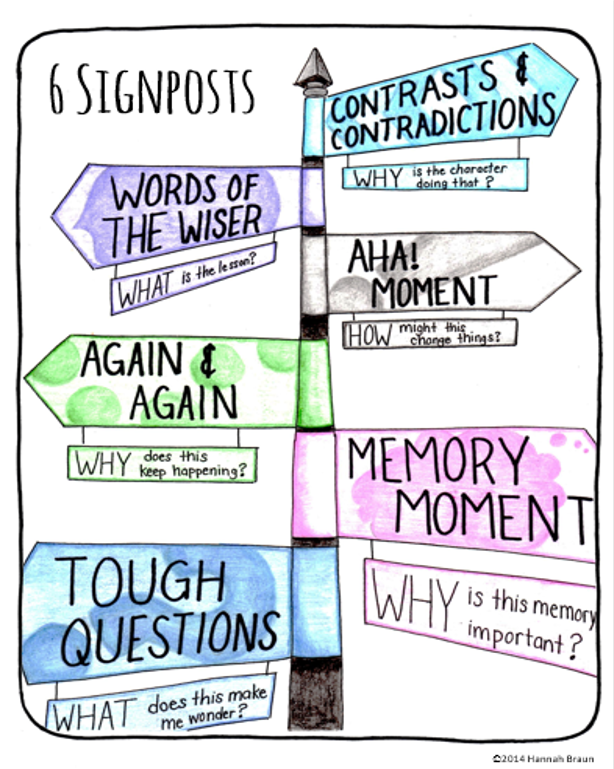 The three terms we’ve picked out here, for instance, are all associated with different places:
The three terms we’ve picked out here, for instance, are all associated with different places:
- Mom is most associated with American English.
- Mum is common in Australia and the UK (especially England).
- Mam is common in Ireland, Wales, and parts of northern England.
These are all accepted terms for “mother” in one place or another, so your preference will usually depend on where you grew up. And the “correct” spelling will depend on the dialect in question. But in American English, you are usually safe sticking with “mom.”
But which came first? Well, “mam” is probably the oldest of the three spellings above, since the earliest recorded use of “mama” in English dates back to 1707. By comparison, the earliest appearances of “mum” and “mom” are from 1823 and 1867, respectively.
Whatever your chosen term, though, we hope all the mothers out there are having a great day! And, mother or not, we hope you’ve enjoyed our etymological look at motherhood.
Share this article:
Sign up for our newsletter
Mom Definition & Meaning | Dictionary.com
- Top Definitions
- Quiz
- Related Content
- Examples
- British
This shows grade level based on the word's complexity.
[ mom ]
/ mɒm /
Informal.
Save This Word!
See synonyms for mom on Thesaurus.com
This shows grade level based on the word's complexity.
noun
a person’s mother or one’s mother.
a term of endearment used to refer to a woman or girl who is admired: Obviously she has no kids, but she is such a mom.She came on stage at the beginning of the concert, and I was like, MOM. All her friends call her “mom” even though she just started middle school.
All her friends call her “mom” even though she just started middle school.
adjective
beautiful or stylish; amazing; to be admired: That outfit is mom!She’s so mom in that movie.
verb (used with object)
to act as a mother toward; act maternally toward, sometimes in an excessive way: She just mommed me with advice.I think I just got mommed by my cat.She totally mommed those bullies.
to refer to (an admired woman or girl) as “mom”: My friends mommed the selfie I just posted.
verb (used without object)
to perform the tasks or duties of a female parent; act maternally, sometimes in an excessive way: I like the way she moms.She mommed out hard after I came home late.
(of a woman or girl) to refer to an admired woman or girl as “mom”: Whenever I comment on photos of my friends, I mom.
QUIZ
ALL IN FAVO(U)R OF THIS BRITISH VS. AMERICAN ENGLISH QUIZ
There's an ocean of difference between the way people speak English in the US vs. the UK. Are your language skills up to the task of telling the difference? Let's find out!
Are your language skills up to the task of telling the difference? Let's find out!
Question 1 of 7
True or false? British English and American English are only different when it comes to slang words.
Origin of mom
First recorded in 1845–50; short for momma
Words nearby mom
molybdenum, molybdenum disulfide, molybdenum trioxide, molybdic, molybdous, mom, Momaday, mom-and-pop, Mombasa, mome, moment
Other definitions for mom (2 of 2)
m.o.m.
abbreviation
middle of month.
Dictionary.com Unabridged Based on the Random House Unabridged Dictionary, © Random House, Inc. 2023
Words related to mom
grandmother, mommy, parent, ma, mama, matriarch, matron, mum, mumsy
How to use mom in a sentence
Among moms, just 9% reported being promoted while WFH, and 13% said they’d landed a pay bump.
Moms are getting fewer raises and promotions than dads while working remotely|kristenlbellstrom|August 28, 2020|Fortune
The stress dose went up a notch for the third group, which had daily separation from siblings and no access to mom during that hour.
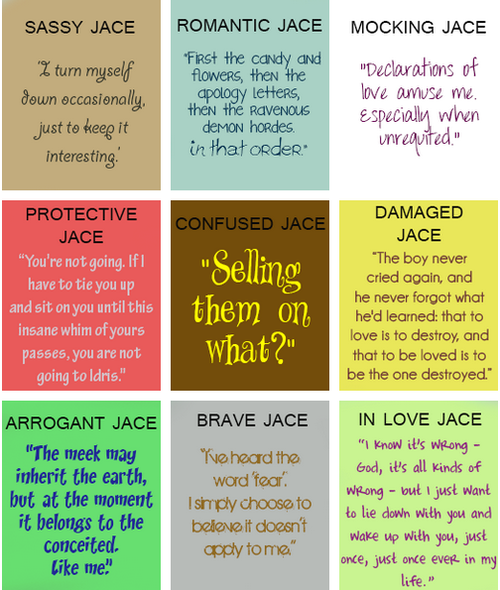
Puberty can repair the brain’s stress responses after hardship early in life|Esther Landhuis|August 28, 2020|Science News
The researchers assessed the monkeys’ willingness to let go of mom and explore the new digs.
A bit of stress may help young people build resilience|Esther Landhuis|August 27, 2020|Science News For Students
Their moms laid the eggs as adults living in air instead of in the youngsters’ tetracycline-tinged soup.
Genetically modified mosquitoes have been OK’d for a first U.S. test flight|Susan Milius|August 22, 2020|Science News
We had started our collaborative artistic journey together, drawing from picture books at home by our mom’s side.
Crafting our path|Tate Ryan-Mosley|August 19, 2020|MIT Technology Review
I meant no harm by it, but I remembered how this person talked, and I did it for my Mom and she was not into it.
Coffee Talk with Fred Armisen: On ‘Portlandia,’ Meeting Obama, and Taylor Swift’s Greatness|Marlow Stern|January 7, 2015|DAILY BEAST
Not only does his mom live in Brooklyn, but he also has a child with a woman there.

Alleged Cop Killer Ismaaiyl Brinsley Had a Death Wish|M.L. Nestel|December 22, 2014|DAILY BEAST
The kids are out of school, Mom is out of get-up-and-go, Dad is out of work.
Congress’ Gift That Keeps on Giving|P. J. O’Rourke|December 20, 2014|DAILY BEAST
In another phone call two days later, Wright asked his mom who had the car.
The Navy ‘Hero’ Who Pimped an HIV-Positive Teen|M.L. Nestel|December 11, 2014|DAILY BEAST
Witnesses say his last words were “it hurt” and “call my mom.”
Worse Than Eric Garner: Cops Who Got Away With Killing Autistic Men and Little Girls|Emily Shire|December 4, 2014|DAILY BEAST
Old Mom always had a friendly greeting for me and knew in which pocket I had parked the peanuts.
David Lannarck, Midget|George S. Harney
But mom'll say what I ain't got in my head I got to have in my feet.
Patchwork|Anna Balmer Myers
I tell you this because I can see that you are just like your mom was, you like pretty things so much.
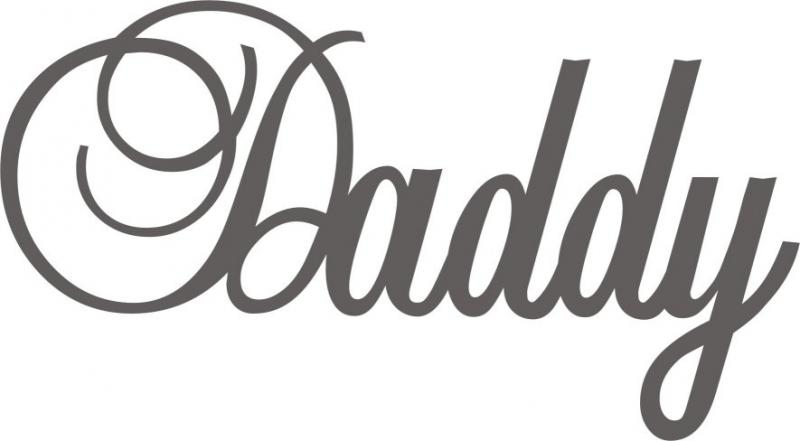
Patchwork|Anna Balmer Myers
It was his fault she was so far from Mom and Dad when a thing like this happened.
A World Called Crimson|Darius John Granger
And his mom'll say to his dad, 'George, Dear—is the ionocar nice and shiny?
The Planet Strappers|Raymond Zinke Gallun
British Dictionary definitions for mom
mom
/ (mɒm) /
noun
mainly US and Canadian an informal word for mother 1
Collins English Dictionary - Complete & Unabridged 2012 Digital Edition © William Collins Sons & Co. Ltd. 1979, 1986 © HarperCollins Publishers 1998, 2000, 2003, 2005, 2006, 2007, 2009, 2012
what's wrong with the word "mother"
Mother-heroines, bad mothers and ill-mothers: the word "mother" is considered neutral, but is not always perceived as such. Depending on the time and situation, it becomes pleasant or offensive, honorable or rude. We discuss with professional linguists how the word “mother” developed, why it was not always synonymous with “mother” and how it should be treated in the 21st century.
M - mother
"A woman in relation to the children she gave birth to" - this is how dictionaries formulate the first, basic meaning of the word mother . Such a name for a relative who “gave life and gave the world” is officially considered neutral. Nevertheless, in recent decades, the appeal of mother began to offend women. On this occasion, disputes began on the Internet, as well as polls and amateur articles appeared.
Heroic mothers, bad mothers and ill mothers: the word "mother" is considered neutral, but is not always perceived as such. Depending on the time and situation, it becomes pleasant or offensive, honorable or rude. We discuss with professional linguists how the word “mother” developed, why it was not always synonymous with “mother” and how it should be treated in the 21st century.
M - mother
"A woman in relation to the children she gave birth" - this is how dictionaries formulate the first, basic meaning of the word mother .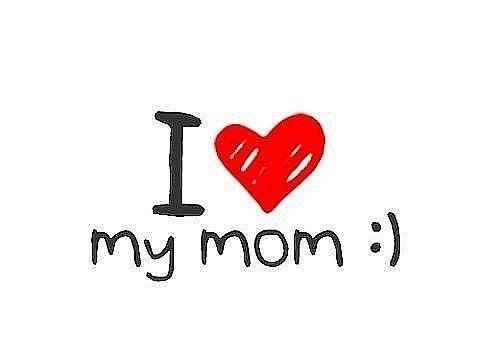 Such a name for a relative who “gave life and gave the world” is officially considered neutral. Nevertheless, in recent decades, the appeal of mother began to offend women. On this occasion, disputes began on the Internet, as well as polls and amateur articles appeared.
Such a name for a relative who “gave life and gave the world” is officially considered neutral. Nevertheless, in recent decades, the appeal of mother began to offend women. On this occasion, disputes began on the Internet, as well as polls and amateur articles appeared.
“On the one hand, it is a neutral, official word, as in documents or when you speak, for example, about rulers,” writes one of the participants in our survey. - I will not call any historical figure the mother of another historical figure, only the mother. And on the other hand, it’s not for nothing that I have contacts “mother” and “father” in my phone.
“This word is more positive than negative,” says another respondent. - I still don’t call my mother like that, but when someone else says that, it doesn’t seem to me that the meaning is bad. I think if you mean a person not from your close circle, then the word may well be positive.
The word mother really has positive shades of meaning, notes the candidate of philological sciences, leading researcher at the Institute of Russian Language named after V.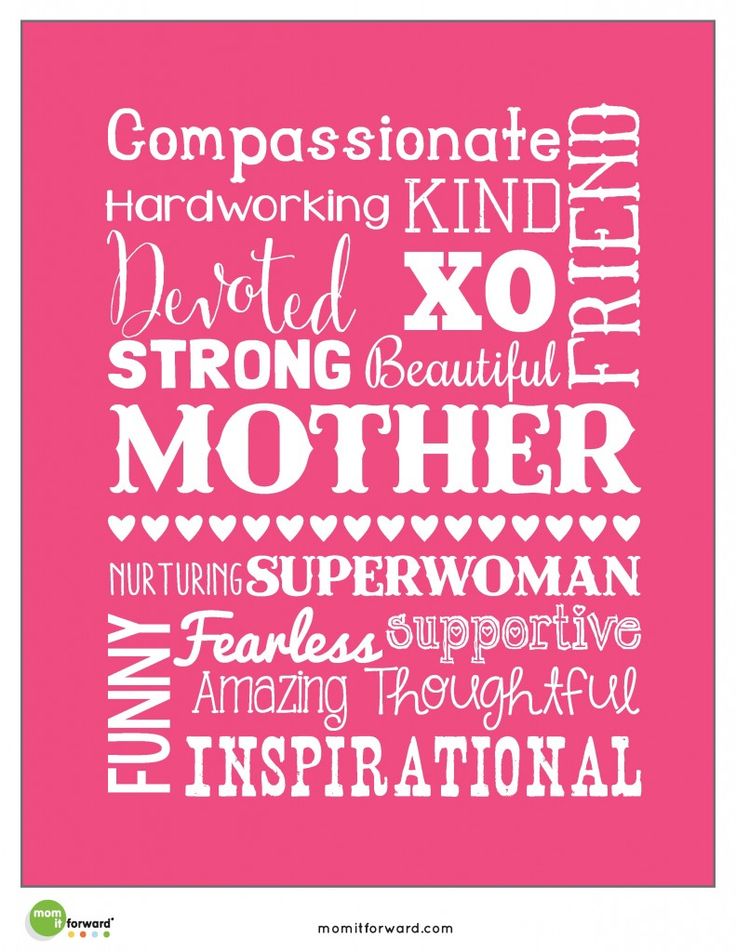 V. Vinogradov RAS Tatyana Krylova . This is care, sacrifice: in a motherly way - the same as caring. There is also a figurative meaning. It is noticeable in the constructions Motherland , Mother Russia , Moscow is the mother of all cities , mother earth .
V. Vinogradov RAS Tatyana Krylova . This is care, sacrifice: in a motherly way - the same as caring. There is also a figurative meaning. It is noticeable in the constructions Motherland , Mother Russia , Moscow is the mother of all cities , mother earth .
In common parlance, the word mother, as indicated in the Small Academic Dictionary, can be used as “an appeal, usually by a man, to an unfamiliar woman, older in age, or a husband to an elderly wife”: “Hey, mother, is there any salt?” , "Well, mother, let's have dinner."
“It's interesting that earlier this appeal was not limited to vernacular,” says Tatiana. “It was used in colloquial speech, usually in combination my mother , and could refer to a woman of any age.” In addition, the word mother is used with the names of nuns: for example, mother Teresa .
Often exactly mother can be heard in abusive context: to hell , to vigorous mother , to mother .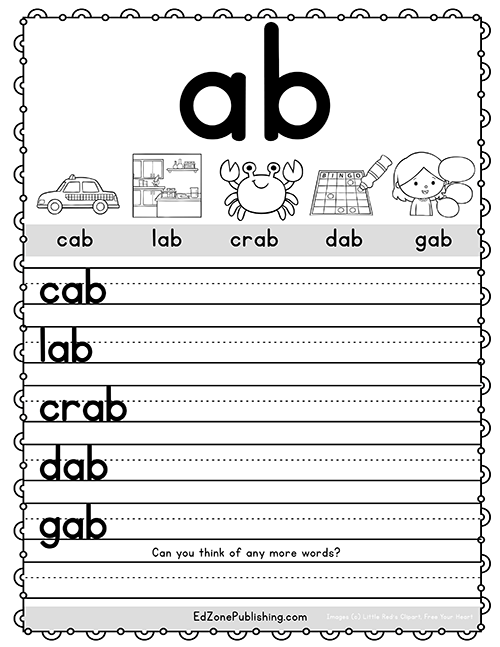 It is no coincidence that taboo vocabulary is also called obscene words. Initially, this adjective, according to the dictionary of D. N. Ushakov, was interpreted as " indecently-abusive, containing the vile-offensive use of the word mother ".
It is no coincidence that taboo vocabulary is also called obscene words. Initially, this adjective, according to the dictionary of D. N. Ushakov, was interpreted as " indecently-abusive, containing the vile-offensive use of the word mother ".
Moms-mothers
A more neutral, non-rough alternative to the word mother is usually called mother . This is how small children who are just learning to speak turn to their parent. That is why there is an opinion that0003 mother could even have arisen before mother .
“Words denoting close relatives really often consist of short, easy-to-pronounce open syllables: mom , dad , woman . These are the words of children's speech that appear very early, and independently of each other in different languages, - says Alexander Pipersky, Ph.D. - Therefore, it is quite possible that mother appeared earlier than the word mother , which obviously consists of the syllable "ma" and the Indo-European suffix of relationship.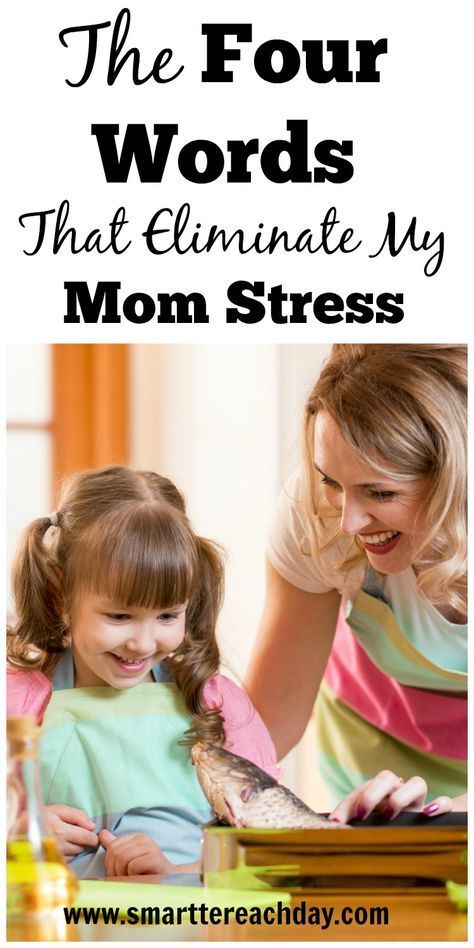
Why did the language need mother , if there already existed an understandable and initially neutral mother , it is difficult to say: these words and their analogues in related Russian languages are at least eight thousand years old. They were formed according to the same pattern, says the linguist:
“On the one hand, this is a neutral, official word, as in documents or when you speak, for example, about rulers,” writes one of the participants in our survey. - I will not call any historical figure the mother of another historical figure, only the mother. And on the other hand, it’s not for nothing that I have contacts “mother” and “father” in my phone.
“This word is more positive than negative,” says another respondent. - I still don’t call my mother like that, but when someone else says that, it doesn’t seem to me that the meaning is bad. I think if you mean a person not from your close circle, then the word may well be positive.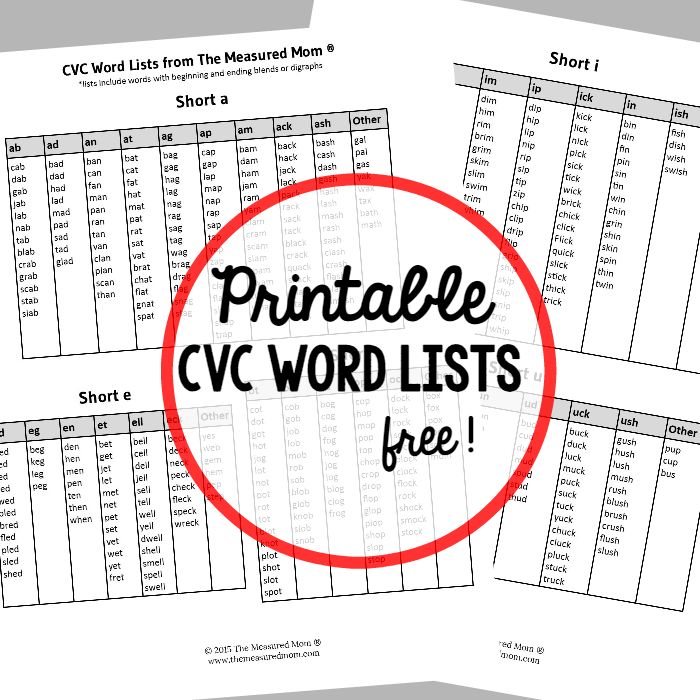
The word mother really has positive shades of meaning, notes the candidate of philological sciences, leading researcher at the Institute of Russian Language named after V. V. Vinogradov RAS Tatyana Krylova . This is care, sacrifice: in a motherly way - the same as caring. There is also a figurative meaning. It is noticeable in the constructions Motherland , Mother Russia , Moscow is the mother of all cities , mother earth .
In common parlance, the word mother, as indicated in the Small Academic Dictionary, can be used as “an appeal, usually by a man, to an unfamiliar woman, older in age, or a husband to an elderly wife”: “Hey, mother, is there any salt?” , "Well, mother, let's have dinner."
“It's interesting that earlier this appeal was not limited to vernacular,” says Tatiana. “It was used in colloquial speech, usually in combination my mother , and could refer to a woman of any age. ” In addition, the word mother is used with the names of nuns: for example, mother Teresa .
Often exactly mother can be heard in abusive context: to hell , to vigorous mother , to mother . It is no coincidence that taboo vocabulary is also called obscene words. Initially, this adjective, according to the dictionary of D. N. Ushakov, was interpreted as " indecently-abusive, containing the vile-offensive use of the word mother ".
Moms-mothers
A more neutral, non-rough alternative to the word mother is usually called mother . This is how small children who are just learning to speak turn to their parent. That is why there is an opinion that0003 mother could even have arisen before mother .
“Words denoting close relatives really often consist of short, easy-to-pronounce open syllables: mom , dad , woman . These are the words of children's speech that appear very early, and independently of each other in different languages, - says Alexander Pipersky, Ph.D. - Therefore, it is quite possible that mother appeared earlier than the word mother , which obviously consists of the syllable "ma" and the Indo-European suffix of relationship.
Why did the language need mother , if there already existed an understandable and initially neutral mother , it is difficult to say: these words and their analogues in related Russian languages are at least eight thousand years old. They were formed according to the same pattern, says the linguist:
“The suffix -ter- , which is in different terms of kinship and appears in the word mother at declination ( mother , mother ), preserved from the Proto-Indo-European era. It can be found in the Latin words pater , that is, "father", and frater - "brother". In Russian, the word brother now does not have a "r", but, for example, in Old Slavonic it looked like bratar . All the same suffix in English: mother , father , brother "
" The suffix -ter- , which is in different terms of kinship and appears in word mother at declination ( mother , mother ), preserved from the Proto-Indo-European era. It can be found in the Latin words pater , that is, "father", and frater - "brother". In Russian, the word brother now does not have a "r", but, for example, in Old Slavonic it looked like bratar . All the same suffix in English: mother , father , brother »
Curiously, the words mother and mother have long denoted completely different people. N. R. Dobrushina writes about this in the book “Two centuries in twenty words”. In the XVIII-XIX centuries, mothers were called nurses and nannies who breast-fed noble children and raised them in infancy.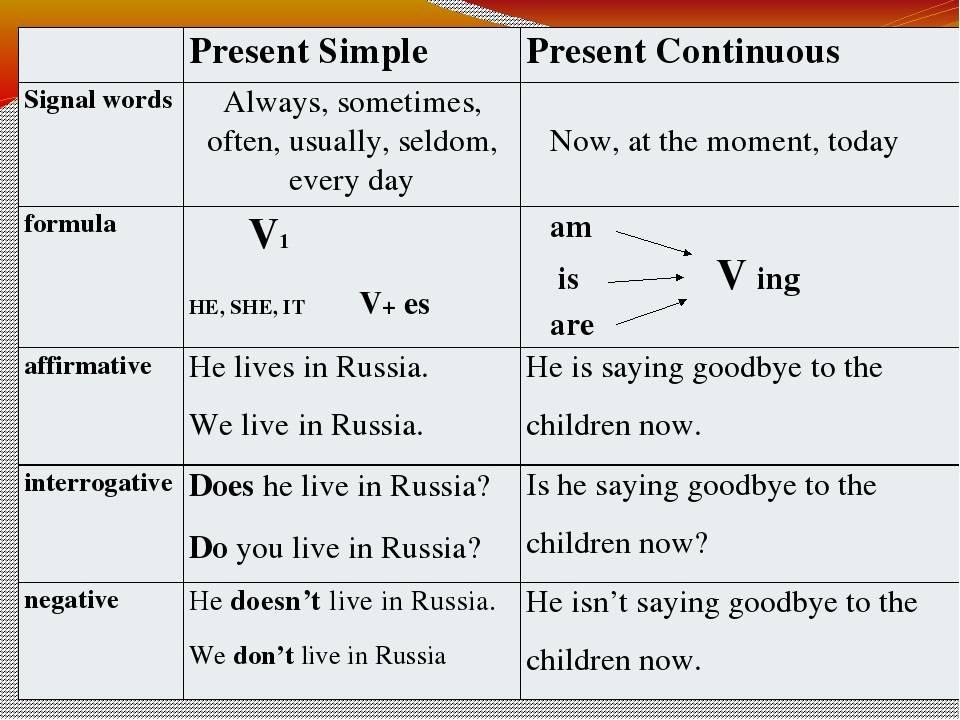 Sometimes this word was used in relation to a woman who did not feed the child, but only raised him, as a synonym for the word nanny . At the same time, nurses did not have the meaning "nurse".
Sometimes this word was used in relation to a woman who did not feed the child, but only raised him, as a synonym for the word nanny . At the same time, nurses did not have the meaning "nurse".
According to the National Corpus of the Russian Language, the word mama in the meaning of “nurse, nanny” was used less and less throughout the 19th century, and at the beginning of the 20th century it almost completely ceased to occur. According to N. R. Dobrushina, there were several reasons for this.
First, they gradually stopped hiring wet nurses. Previously, breastfeeding was considered a low occupation, which is unworthy of a noble woman and puts her on the same level with animals. Doctors frightened that feeding a child negatively affects the health of a woman, removes useful substances and vitamins from the body.
In the 18th century in Europe, breastfeeding came into fashion and became a sign of morality, a trait of a good mother. When artificial milk and baby food appeared in the 20th century, and the social class that hired nurses was forced to "leave the stage", the practice of feeding a child with someone else's milk almost disappeared.
When artificial milk and baby food appeared in the 20th century, and the social class that hired nurses was forced to "leave the stage", the practice of feeding a child with someone else's milk almost disappeared.
In addition, the word mother developed the meaning of "native mother". This is also why they stopped using it to designate a nurse.
In written speech, the word mother as a complete synonym for mother , most likely, came from folk speech. In humble families, they didn’t hire nurses, so mother and mother simply coincided in one person.
As N. R. Dobrushina writes, the sequence of events could be as follows: “In folk speech there was the word mother with an accent on the first syllable meaning “mother”. This word began to be used in the speech of a more educated public in the meaning of "nurse", since the nurses were taken from those very simple families where the mother was called mother: you need to take the child "mother", that is, the one who is "mother" in the common language of the nurse " .
The fact that the word mother eventually became more familiar and preferred compared to mother could also be influenced by the features of the noble language. “A significant role was played by the fact that in French the normal address was maman ( ma or maman . - Note of Izbornik ), says Alexander Pipersky. - This French childish word contributed to the fact that its Russian counterpart was also used more often, especially in the speech of those who spoke French "by default". Word mother was slightly more common. At least two centuries ago."
The Russian word mama with an accent on the first syllable replaced the French version only by the 20th century.
In the 21st century, according to the National Corpus of the Russian Language, the word mother began to lose in frequency to mother , which becomes a more neutral designation of the closest relative. This may be due not only to the fact that moms have , the values \u200b\u200bof “motherboard” and “socket” appeared, about which N. R. Dobrushina writes. Alexander Pipersky notes:
“Diminutive forms, forms from children's speech can really gradually replace neutral vocabulary. Another thing is that it doesn’t have to be like this in any language: we don’t know why this suddenly began to happen in Russian and why right now.”
Mother or not mother
In modern language, the word mother in its main, direct meaning has several features. It is used in certain contexts and is often replaced by 9 when possible.0003 mother .
According to Tatyana Krylova , the word mother is dry and impassive:
It is curious that the words mother and mother have long denoted completely different people. N. R. Dobrushina writes about this in the book “Two centuries in twenty words”. In the XVIII-XIX centuries, mothers were called nurses and nannies who breast-fed noble children and raised them in infancy. Sometimes this word was used in relation to a woman who did not feed the child, but only raised him - as a synonym for the word nanny . At the same time, nurses did not have the meaning "nurse".
According to the National Corpus of the Russian Language, the word mama in the meaning of "nurse, nanny" was used less and less throughout the 19th century, and at the beginning of the 20th century it almost completely ceased to occur. According to N. R. Dobrushina, there were several reasons for this.
First, they gradually stopped hiring wet nurses. Previously, breastfeeding was considered a low occupation, which is unworthy of a noble woman and puts her on the same level with animals. Doctors frightened that feeding a child negatively affects the health of a woman, removes useful substances and vitamins from the body.
In the 18th century in Europe, breastfeeding came into fashion and became a sign of morality, a trait of a good mother. When artificial milk and baby food appeared in the 20th century, and the social class that hired nurses was forced to "leave the stage", the practice of feeding a child with someone else's milk almost disappeared.
In addition, the word mother developed the meaning of "native mother". This is also why they stopped using it to designate a nurse.
In written speech, the word mother as a complete synonym for mother , most likely, came from folk speech. In humble families, they didn’t hire nurses, so mother and mother simply coincided in one person.
As N. R. Dobrushina writes, the sequence of events could be as follows: “In folk speech there was the word mother with an accent on the first syllable meaning “mother”. This word began to be used in the speech of a more educated public in the meaning of "nurse", since the nurses were taken from those very simple families where the mother was called mother: you need to take the child "mother", that is, the one who is "mother" in the common language of the nurse " .
The fact that the word mother eventually became more familiar and preferred compared to mother could also be influenced by the features of the noble language. “A significant role was played by the fact that in French the normal address was maman ( ma or maman . - Note of Izbornik ), says Alexander Pipersky. - This French childish word contributed to the fact that its Russian counterpart was also used more often, especially in the speech of those who spoke French "by default". Word mother was slightly more common. At least two centuries ago."
The Russian word mama with an accent on the first syllable replaced the French version only by the 20th century.
In the 21st century, according to the National Corpus of the Russian Language, the word mother began to lose in frequency to mother , which becomes a more neutral designation of the closest relative. This may be due not only to the fact that moms have , the values \u200b\u200bof “motherboard” and “socket” appeared, about which N.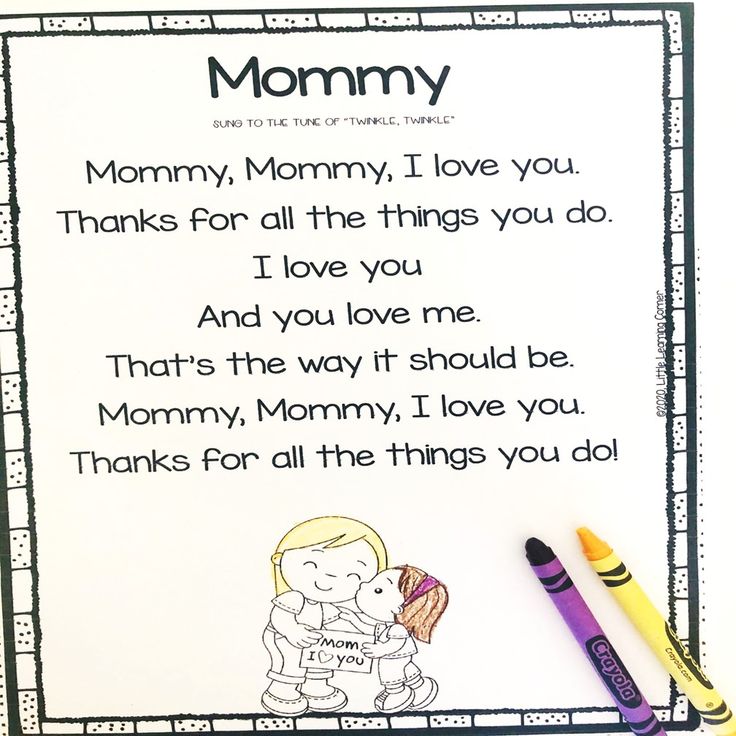 R. Dobrushina writes. Alexander Pipersky notes:
R. Dobrushina writes. Alexander Pipersky notes:
“Diminutive forms, forms from children's speech can really gradually replace neutral vocabulary. Another thing is that it doesn’t have to be like this in any language: we don’t know why this suddenly began to happen in Russian and why right now.”
Mother or not mother
In modern language, the word mother in its main, direct meaning has several features. It is used in certain contexts and is often replaced by 9 when possible.0003 mother .
According to Tatyana Krylova , the word mother is dry and impassive:
“It is devoid of ‘warmth’ (unlike relation to a particular person. Therefore, it is absolutely inappropriate in informal speech, especially in addresses, and can even be perceived as rude"
"It is devoid of "warmth" (unlike word mom ), it is characterized by the most dispassionate look "from the outside", a kind of distancing in relation to a particular person.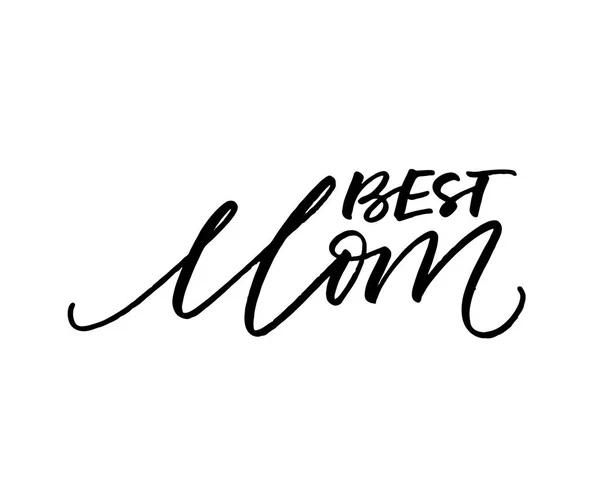 Therefore, it is absolutely inappropriate in informal speech, especially in addresses, and can even be perceived as rude"
Therefore, it is absolutely inappropriate in informal speech, especially in addresses, and can even be perceived as rude"
The linguist notes that such a "reputation" does not exist, for example, the word father : "In a conversation with friends, a boy can say:" Father brought a T-shirt from America", and this will sound absolutely neutral. Word mother in the same situation will seem rude.
Alexander Pipersky believes that the negative connotation of the word mother arose, to a greater extent, due to the fact that this is an official style word:
“ Mother ” is what is written in some documents. I think it has done a disservice to the word."
The mother of , a participant in the survey conducted by Izbornik, explained her attitude to the word in a similar way: “It has a somewhat official character, and an official character in relation to a close relative suggests something negative. ”
”
Tatyana Krylova notes that a mother still sounds more appropriate in a “simple” environment than in an “intelligentsia” environment. “I don’t remember that my relatives, addressing me, called my mother mother, with the exception of situations of conflict ( What did you bring your mother to! ),” says the philologist. - At the same time, in a quarrel, the word mother is used for a reason. In such situations, people often, unwittingly, move from a personal distance to a social one. Similarly, during a conflict, a child is addressed by his full name: “Ivan, shut up now!”
Both linguists emphasize that the word mother often denotes not a specific person, but his social role, function. That is why the holiday is called exactly Mother's Day , and not Mother's Day . Therefore, the expressions I am like a mother ... and good / bad mother are more common, and not I am like a mother ... and good / bad mother .
In such contexts, the word acquires a touch of pathos, majesty: "Mother - this sounds proud." The point is in ideas about the importance of the social role of the mother. There are heroic mother , long-suffering mother , courageous mother , hero mother .
The negative attitude towards the "cult" of motherhood, according to Tatyana Krylova, could also affect how people relate to the pathos of the word mother . One of the consequences of irritation may well be the hashtag #jam .
When it comes to women who are expecting a baby or raising small children, they usually talk about mothers - about future and about young . At the same time, if you add a diminutive suffix to this word, a disparaging connotation will arise: mommy can be as unpleasant as mother . Alexander Pipersky comments on this word usage:
The linguist notes that the word has no such “reputation”, for example, the word father : “In a conversation with friends, a boy can say:“ My father brought me a T-shirt from America, ”and it will sound absolutely neutral .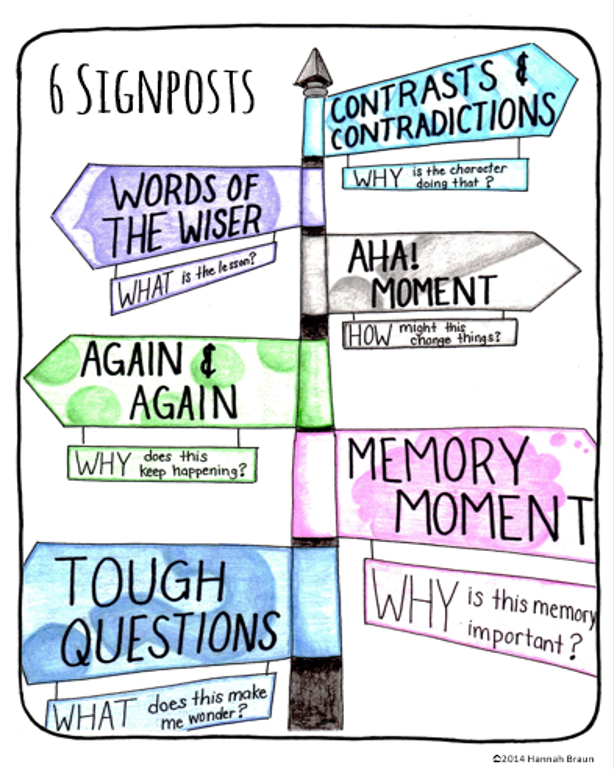 Word mother in the same situation will seem rude.
Word mother in the same situation will seem rude.
Alexander Pipersky believes that the negative connotation of the word mother arose, to a greater extent, due to the fact that this is an official style word:
“ Mother ” is what is written in some documents. I think it has done a disservice to the word."
The mother of , a participant in the survey conducted by Izbornik, explained her attitude to the word in a similar way: “It has a somewhat official character, and an official character in relation to a close relative suggests something negative.”
Tatyana Krylova notes that a mother still sounds more appropriate in a “simple” environment than in an “intelligentsia” environment. “I don’t remember that my relatives, addressing me, called my mother mother, with the exception of situations of conflict ( What did you bring your mother to! ),” says the philologist. - At the same time, in a quarrel, the word mother is used for a reason.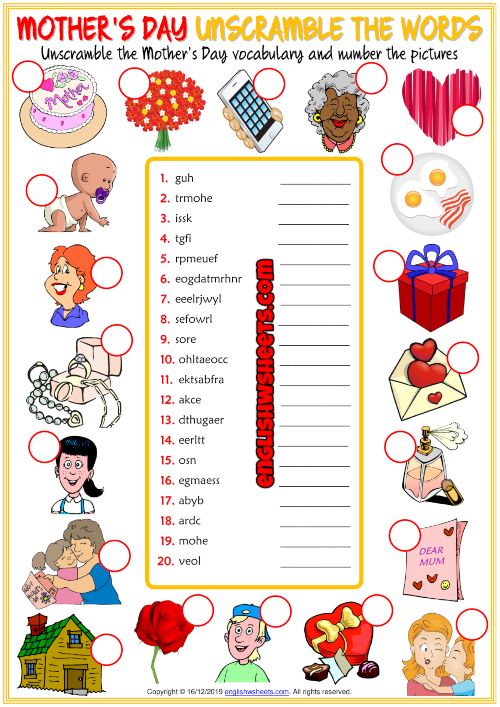 In such situations, people often, unwittingly, move from a personal distance to a social one. Similarly, during a conflict, a child is addressed by his full name: “Ivan, shut up now!”
In such situations, people often, unwittingly, move from a personal distance to a social one. Similarly, during a conflict, a child is addressed by his full name: “Ivan, shut up now!”
Both linguists emphasize that the word mother often denotes not a specific person, but his social role, function. That is why the holiday is called exactly Mother's Day , and not Mother's Day . Therefore, the expressions I am like a mother ... and good / bad mother are more common, and not I am like a mother ... and good / bad mother .
In such contexts, the word acquires a touch of pathos, majesty: "Mother - this sounds proud." The point is in ideas about the importance of the social role of the mother. There are heroic mother , long-suffering mother , courageous mother , hero mother .
The negative attitude towards the "cult" of motherhood, according to Tatyana Krylova, could also affect how people relate to the pathos of the word mother .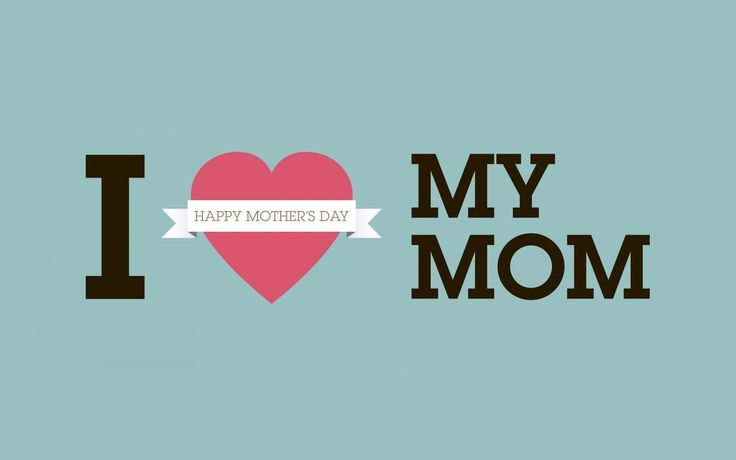 One of the consequences of irritation may well be the hashtag #jam .
One of the consequences of irritation may well be the hashtag #jam .
When it comes to women who are expecting a baby or raising small children, they usually talk about mothers - about future and about young . At the same time, if you add a diminutive suffix to this word, a disparaging connotation will arise: mommy can be as unpleasant as mother . Alexander Pipersky comments on this word usage:
“A young mother can be called a mother of a young child, up to five years old. We won't see the "Teen Mom Courses" sign. If the child is already big, his mother is unlikely to be named exactly mother »
“A young mother can be called a mother of a young child, up to five years old. We won't see the "Teen Mom Courses" sign. If the child is already large, his mother is unlikely to be called exactly mother »
“If I heard mother about her mother from a peer, I would consider this a sign of disrespect or simply not too loving attitude,” writes a twenty-year-old participant in our survey .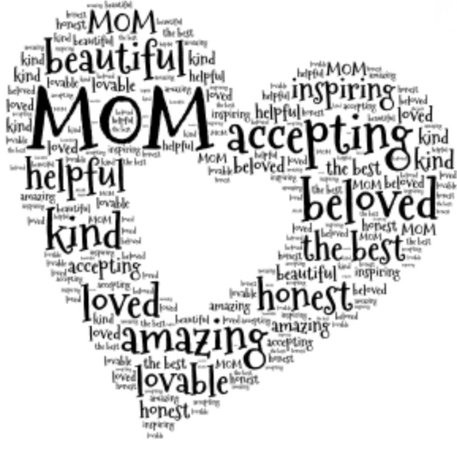 - But if an older person talks about his mother is the mother of and it can be assumed that the woman is already in years, then this is rather respectful, but still neutral, not positive.
- But if an older person talks about his mother is the mother of and it can be assumed that the woman is already in years, then this is rather respectful, but still neutral, not positive.
During a conversation, Alexander Pipersky believes, it is worth focusing on the interlocutor and paying attention to how he calls his parents:
“For someone, ‘tell your mother’ may sound rude. On the other hand, "tell your mom" may seem too tactless - as if I'm climbing into someone else's family. Therefore, it is difficult to recommend uniform rules, it all depends on the situation. For example, if a person says “my mother” in front of me, then, obviously, he, as it were, distances his family from me and wants me to stay a little further away: no need to interfere. And vice versa".
However, without clear recommendations, it's probably even more interesting. This is another reason to continue to follow how the word mother develops. And also - a great incentive to become more sensitive to the closest person.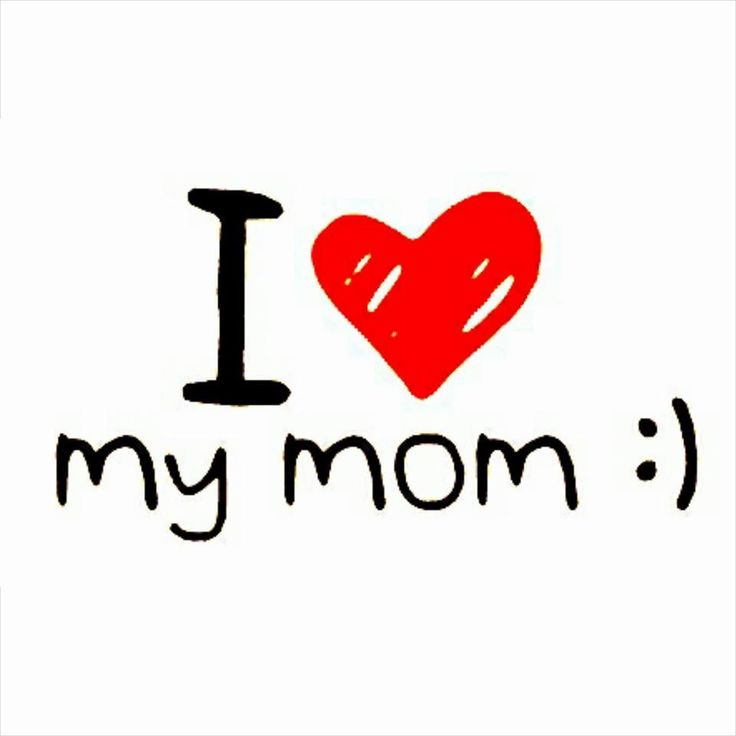
“If I heard mother about her mother from a peer, I would take it as a sign of disrespect or just not too loving attitude,” writes a twenty-year-old participant in our survey. - But if an older person talks about his mother is the mother of and it can be assumed that the woman is already in years, then this is rather respectful, but still neutral, not positive.
During a conversation, according to Alexander Piperski, one should focus on the interlocutor and pay attention to how he calls his parents:
“For someone, 'tell your mother' may sound rude. On the other hand, "tell your mom" may seem too tactless - as if I'm climbing into someone else's family. Therefore, it is difficult to recommend uniform rules, it all depends on the situation. For example, if a person says “my mother” in front of me, then, obviously, he, as it were, distances his family from me and wants me to stay a little away: don’t interfere. And vice versa".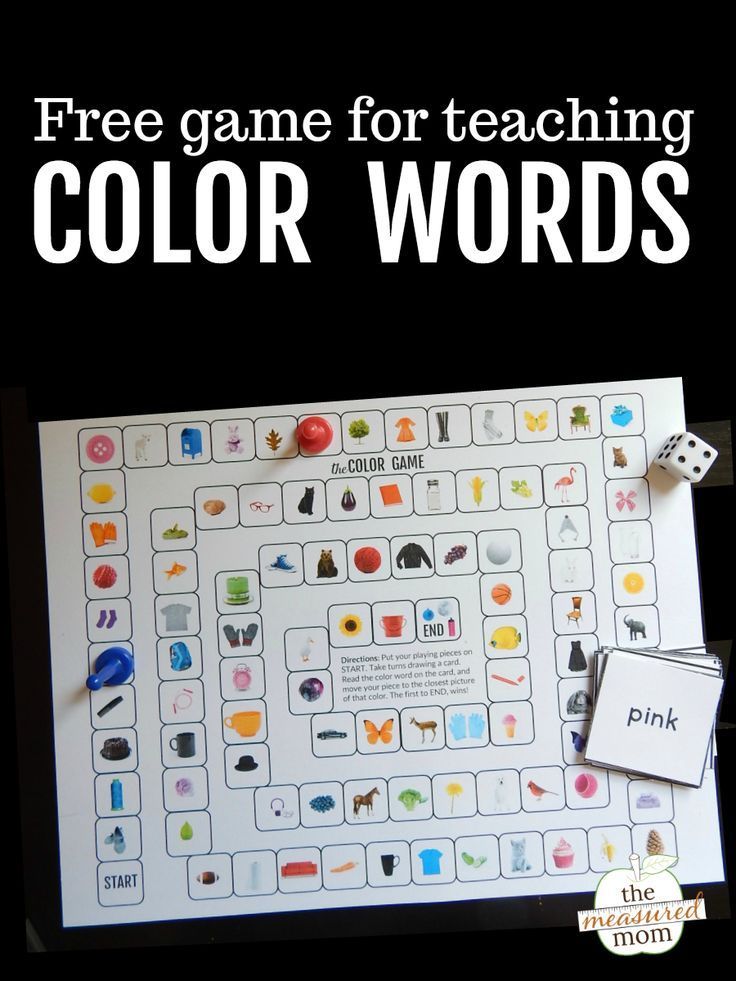
However, without clear recommendations, it's probably even more interesting. This is another reason to continue to follow how the word mother develops. And also - a great incentive to become more sensitive to the closest person.
Author: Polina Menshova
March 12, 2021, 20:00
"Mommy", "mommy" and "mother". How different forms of the word reflect our attitude
On the eve of March 8, when many children in the garden and school are diligently displaying “Happy Holidays Mommy” on cards with flowers, our regular author and mother of three children Ksenia Buksha talks about the nuances of the meaning of this word. Agree, there is a giant abyss between "mommy" and "mommy".
1. “Mom” (or simply “Mom!”, “Ma-a-am!”, “Ma”)
“Mom” is, by the way, the vocative case of the word “mom”. In modern Russian, it has not been preserved for all words. Only those who are called more often, who are addressed - for example, "God!". So the mother is also called very often, because the child really needs her.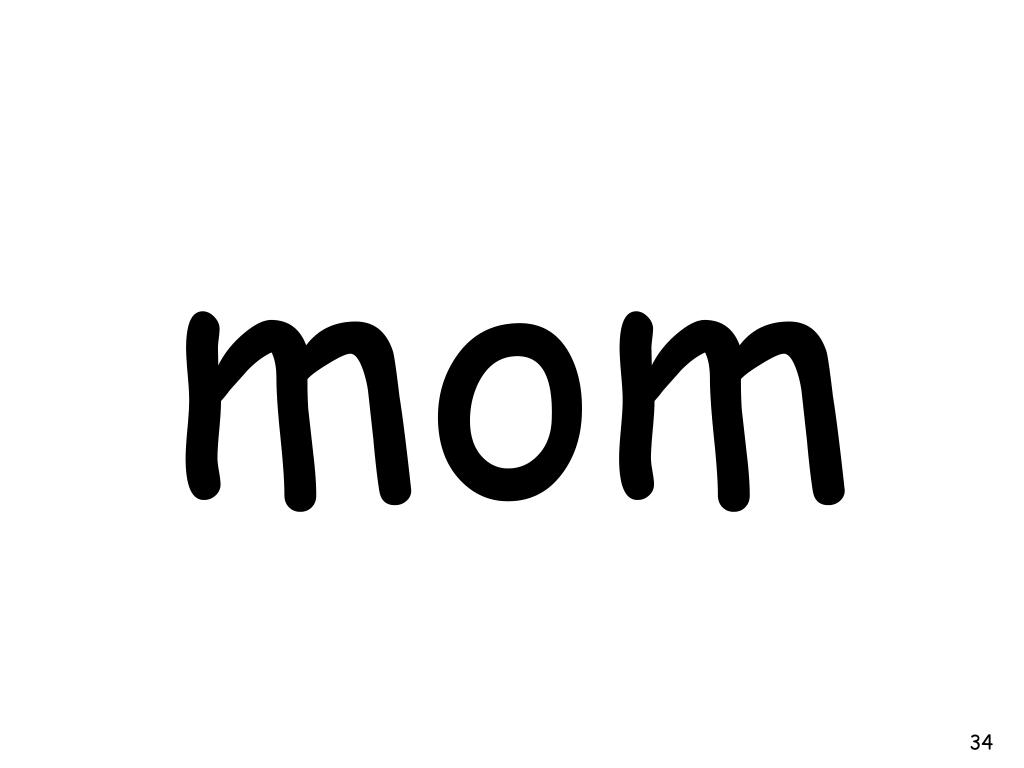
Abbreviated "ma" is neutral like "mom", but saves time, especially when writing. When you just need to designate or name, without much emotion. Partly replaces the vocative "mum".
If he just wants to name his mother, tell about her, then "mother" is the most common form of the word. By the way, it’s not for nothing that “mother” sounds so similar in many languages. This word is onomatopoeic, the same as "nanny", and initially, by origin, it is associated with sucking, smacking breast milk - the first infant food.
"Mom" feeds the child: first in the truest sense of the word, and then (if everything goes as it should) she feeds him with her love all her life.
2. "Mother"
In modern language, the word "mother" has an official connotation ("Mother of the child, full name, telephone number. Father of the child, full name, telephone number"). Or solemn. (“Happy is the mother who can give…” and so on). Or harsh, without tenderness. (For example, in some village stories: "Mother, collect on the table"). Or, what good, generally abusive (we can do without examples). Well, in extreme cases, ironic: “I am a viper mother, my child has learned to do homework by himself, because I am too lazy to study with him, and now he explains to me what the Moon revolves around.”
Or, what good, generally abusive (we can do without examples). Well, in extreme cases, ironic: “I am a viper mother, my child has learned to do homework by himself, because I am too lazy to study with him, and now he explains to me what the Moon revolves around.”
3. “Mommy”
Older preschoolers and younger schoolchildren love this word. Children at this age often express love in this way: “Mommy, you are my very, very favorite!” Moreover, “mommy” sounds both when the child’s heart is overflowing with sincere tenderness, and in cases when I really want ice cream: “Mommy, why do you think we haven’t bought anything delicious for so long?”
Another common use of the word “mommy” is the so-called diminutive-pejorative naming, most often at a doctor in a state maternity hospital or clinic: “Mommy, put on shoe covers! Let's go to the office!" Brr! A person is reduced to his maternal role, and even commanded. They remind you: here, on our territory, you are not Olga Olegovna and not a person at all, but something in between the victim and the accused.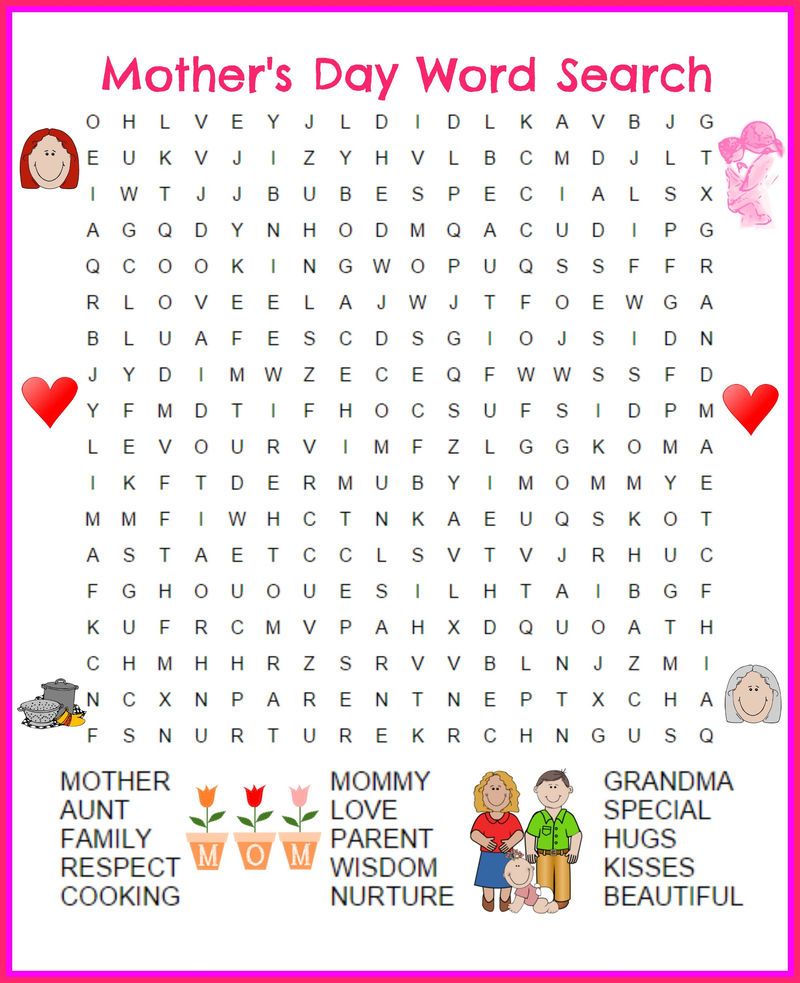 Unpleasant.
Unpleasant.
4. “Mommy”
And also “mommy”, “mommy”, “mommy”, “mommy”, “mommy” and “mummy”. Affectionate, touching, a little familiar form - depends on the shades. Children of any age can call their mother this way, but usually teenagers and older children have a “mom” if they have a good, warm relationship with their mother. They communicate freely with their mother, they are not afraid to seem funny and small: mother will always understand; they are not afraid to make their mother angry, because a mother will always forgive. This is a good game: sometimes I'm small, sometimes a little mother and you can stroke her hair, and in general, my shoe size is already forty-three, and she has thirty-seven.
5. “Mother”
Children rarely call their mother “mother”: the word is not very modern. In part, this word is not about a mother at all, but about an older woman, presumably a child. A kind of Soviet version of "Madame". Sometimes it replaces "mommy" - and for some reason it does not sound so offensive (although it depends on the context). In some cases, "mommy" is a rude word, for example, when they want to emphasize that "your child interferes with restaurant visitors" or that "unfortunate mothers", for example, drink beer straight from the neck, while their children are trying to pull the bone out of their mouths at the bull terrier. The scornful and derogatory "mommy" is from the same series, but even more offensive. But once "mother" sounded almost affectionate.
In some cases, "mommy" is a rude word, for example, when they want to emphasize that "your child interferes with restaurant visitors" or that "unfortunate mothers", for example, drink beer straight from the neck, while their children are trying to pull the bone out of their mouths at the bull terrier. The scornful and derogatory "mommy" is from the same series, but even more offensive. But once "mother" sounded almost affectionate.
6. "Mama"
And also "maman". Sometimes - affectionate and familiar between an adult child, more often a son, and a mother. But more often in the conversation of third parties, when they describe some of their mother's jambs: "Maman today asks:" Vitya, do you remember what your daughter's middle name is "?". Historically, “mom” is a cozy, homely word in which mother appears as a bulwark of reliability, warmth, a strong rear where you can return. “Mom” is the one who always pours a plate of borscht, consoles and caresses, no matter how old you are.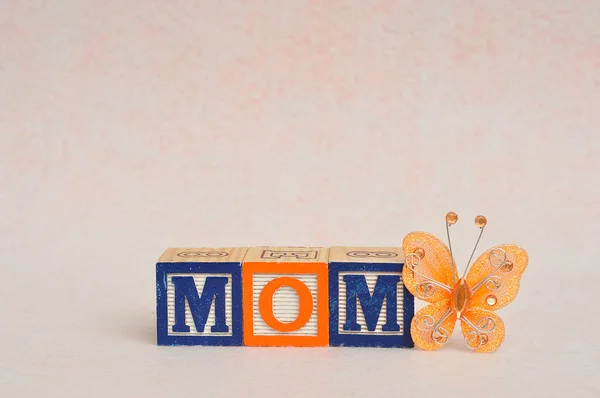
7. Mom!
Also "mammiz!". Written Internet collective word when communicating in parent chats and forums. Perhaps it has already gone out of fashion - I don’t go to chats and I don’t observe the evolution of this word. But at some point it was very popular.
8. "Mama"
He smells of old times, some kind of Leo Tolstoy, Leskov, Odoevsky. Noble children's room of the 19th century. Mom comes in to kiss before going to bed, and this is the main moment of the whole evening. She was probably already dressed for the trip ... In general, a fleeting vision, something angelically pure, endlessly adored, idealized. And not only because you rarely see her, but also because the eternal separation of parents from children then happened much more often than now.
“Mother” is also an old version, but more “merchant” and with a slightly different shade. It has less morbid adoration and more official respect. Nowadays, "mother" (if we are not talking about the wife of a priest) is used rather ironically and more often by adult children in a conversation about mother.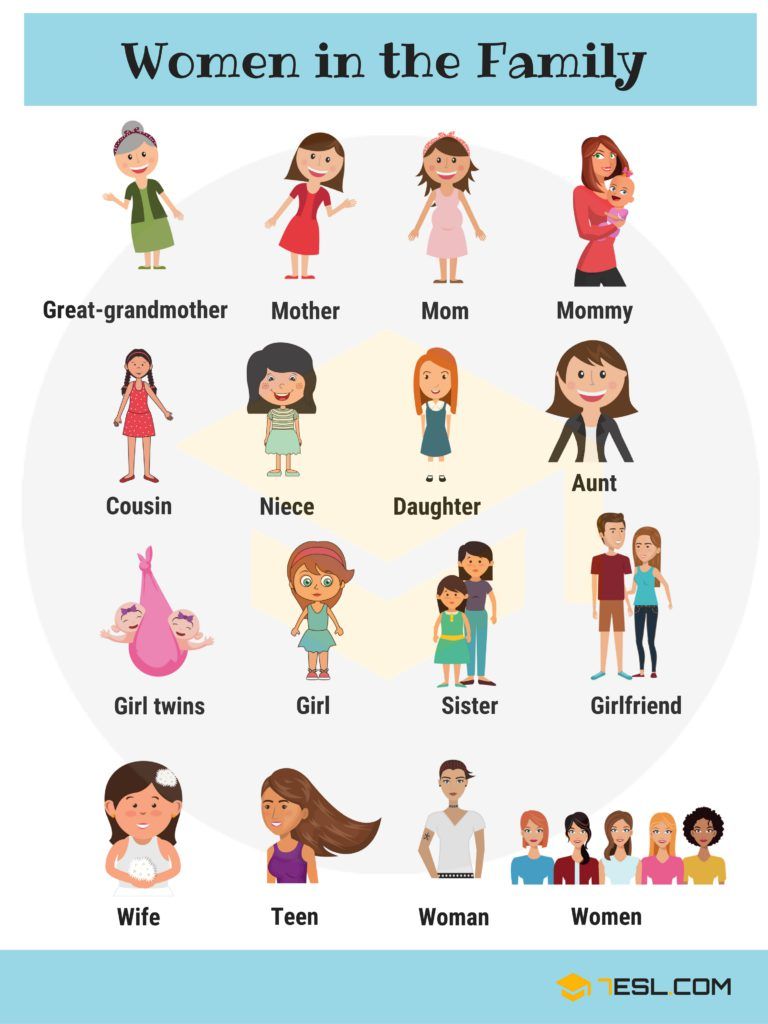
9. "Mom Ksyusha"
And it happens. If, for example, your own beloved mother has died, it is impossible to forget her and replace her with anyone, but at the same time there is a person nearby who, in essence, does everything that mothers do: cares, loves, scolds, praises, is responsible for you. How to call such a person? What compromise can be made? There is such an option: "mother" plus a name. And the memory of that only native mother, according to feelings, you do not betray, and you show the new mother that you recognize her as a parent.
10. "Mamulence"
...and other intricate, playful options. Chukovsky has a description of such a game: Galyonok. - "Mommy". - Galencia. - "Mamentia". - "Duck!" - "Mamumuha!" And in some families, they don’t call each other by traditional names and designations of kinship at all, but come up with funny nicknames. True, more often parents call them children, but it happens that the children of their parents.
11.
